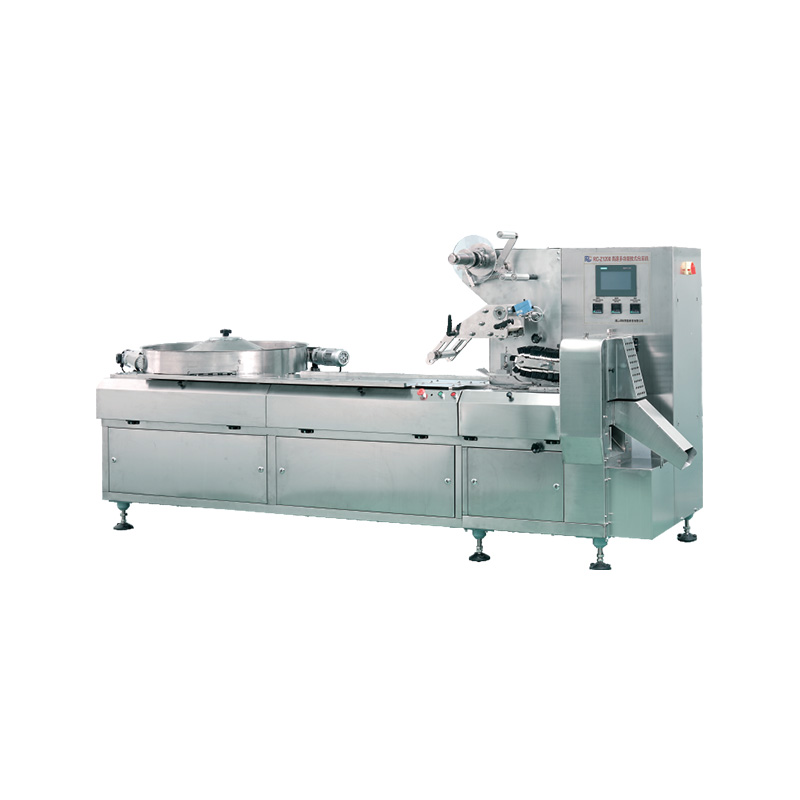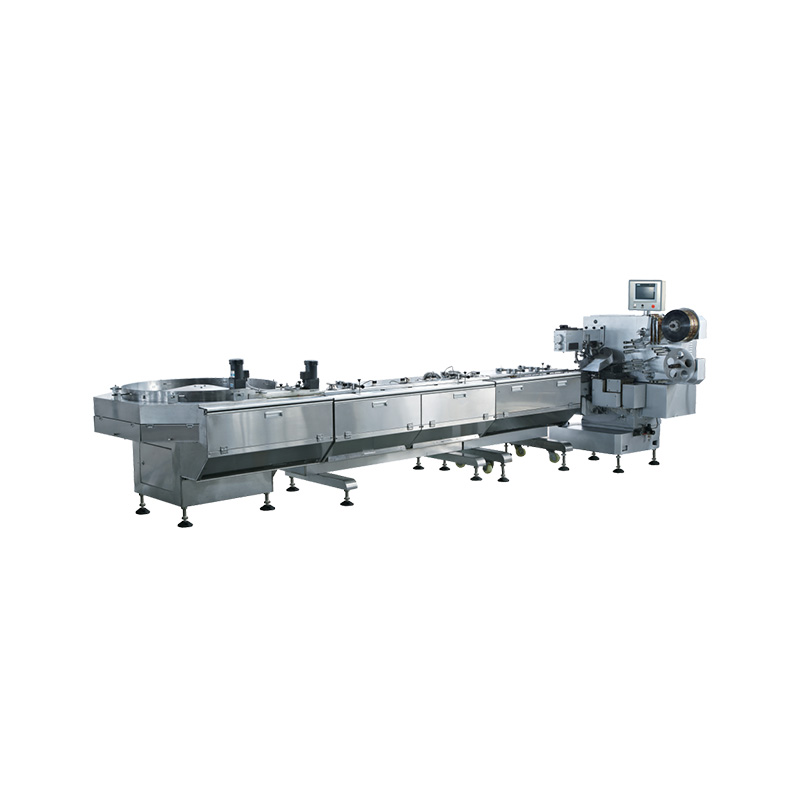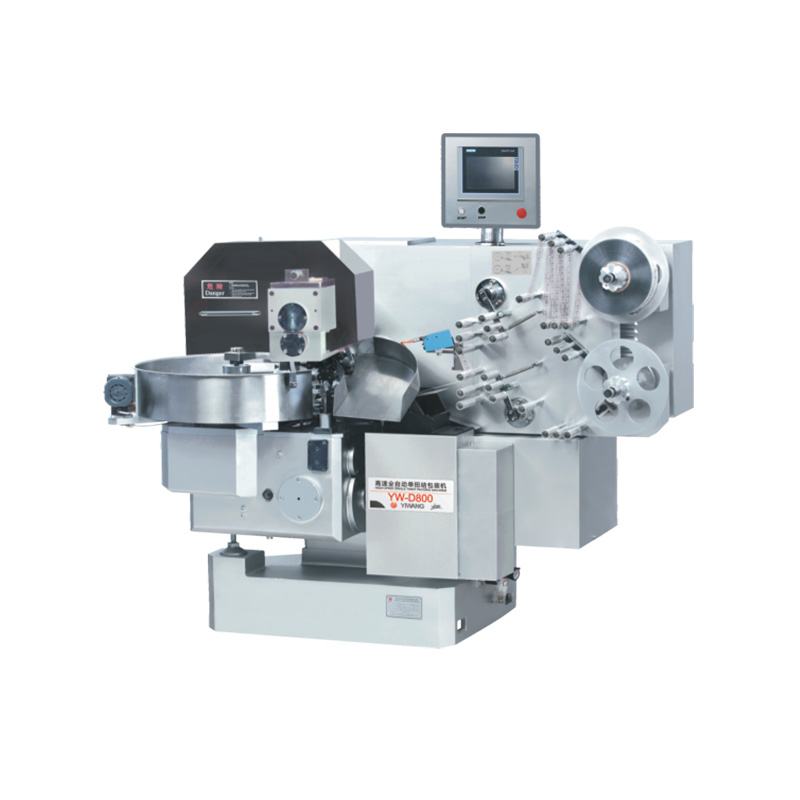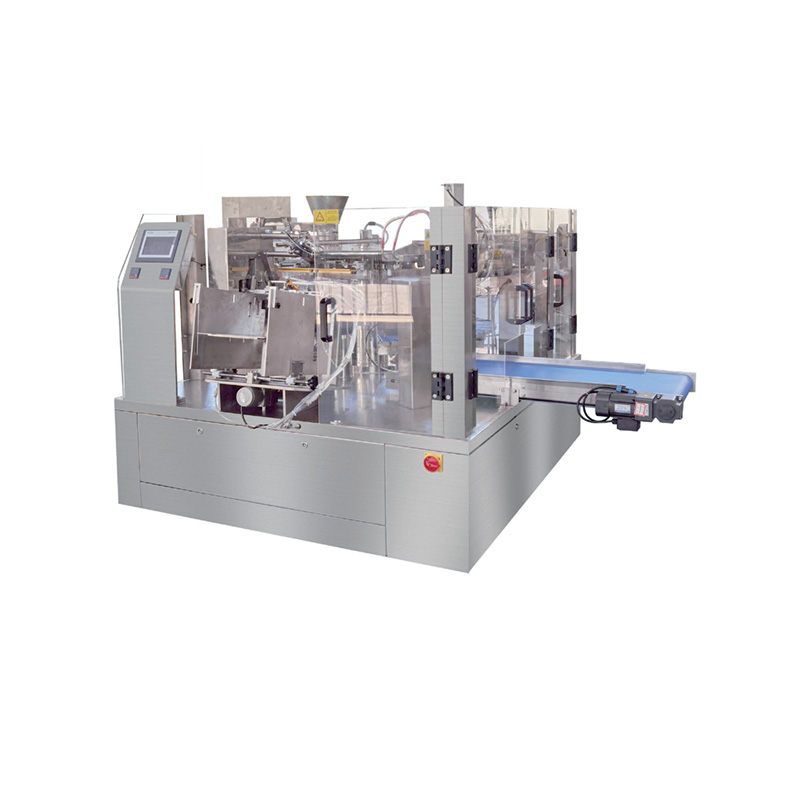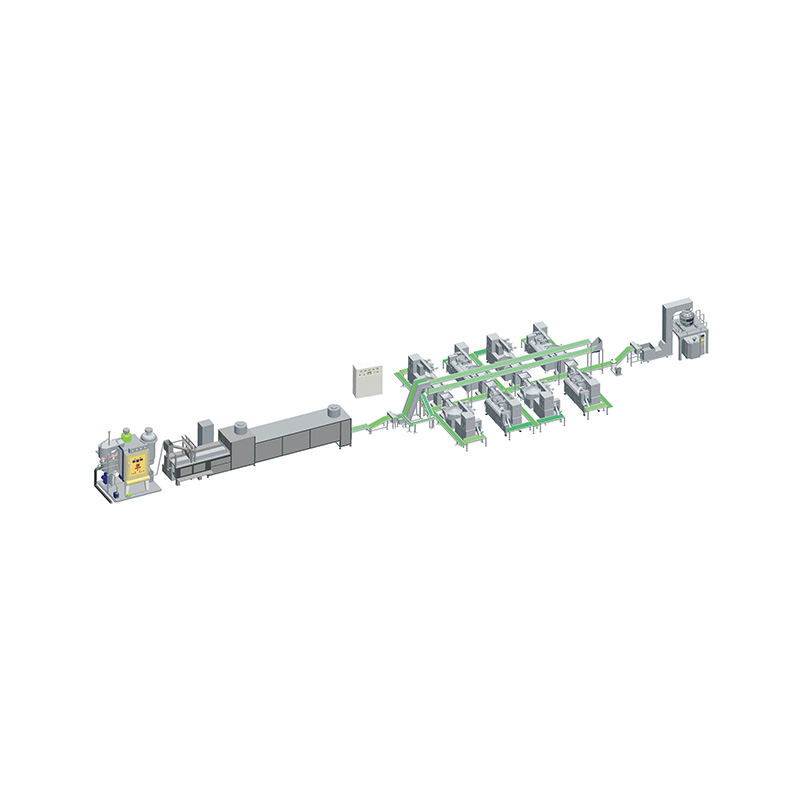How Can a Pillow Packaging Machine Improve Efficiency in Your Production Line
In today's competitive food and confectionery industry, a reliable Pillow Packaging Machine is essential for maintaining a smooth workflow. Manufacturers increasingly seek equipment that combines consistent performance with ease of operation, enabling them to package products effectively while reducing manual labor.
A key advantage of automated pillow packaging equipment lies in its ability to handle different product shapes and sizes. This flexibility allows producers to transition between batches without extensive adjustments, ensuring production continuity. Unlike older methods that rely on manual wrapping, modern machinery maintains consistent package quality and reduces the likelihood of errors.
Another important consideration is operational efficiency. Machines designed for pillow-style wrapping can streamline the packaging process, allowing products to move quickly from filling to sealing. This not only optimizes labor but also minimizes downtime between production runs. Efficient workflow management can translate into more timely deliveries and improved inventory control.
User-friendly controls are another feature that adds value to these systems. Operators benefit from clear interfaces and straightforward adjustment options, making it easier to maintain consistent package appearance and product integrity. The learning curve is relatively short, which helps teams adopt new equipment without extensive training.
Hygiene and safety standards are increasingly emphasized in modern production lines. By reducing direct human contact with packaged items, pillow packaging machinery helps maintain sanitary conditions and ensures compliance with industry regulations. This is particularly important for food, snack, and confectionery producers aiming to meet both local and international safety guidelines.
Energy efficiency is also a factor worth considering. Advanced equipment consumes less power compared to older models, contributing to more sustainable production practices. Reduced energy usage not only lowers operational costs but also supports environmental responsibility, aligning with growing consumer expectations.
Maintenance and reliability are critical aspects of machine selection. Components designed for durability and consistent performance reduce the frequency of breakdowns, allowing manufacturers to focus on production rather than repairs. Preventive maintenance schedules and easy access to parts further contribute to smooth operations over time.
Overall, investing in a well-designed pillow packaging system provides tangible benefits in efficiency, consistency, and operational control. Choosing the right equipment for a production line can enhance workflow, support product quality, and create a safer working environment, all while keeping operational costs manageable.
For businesses seeking flexible packaging options, a Pillow Packaging Machine designed for small-scale operations offers significant advantages. These machines are suitable for compact production lines, where space constraints and diverse product types require adaptable equipment.
One of the key benefits of a smaller pillow-style wrapper is its versatility. Manufacturers can handle a variety of lightweight products, from confectionery items to snack portions, without extensive setup adjustments. This flexibility allows for efficient transitions between different products, which is particularly useful in niche or seasonal production runs.
Compact machinery also contributes to streamlined workflows. By integrating automation into a limited workspace, operators can maintain steady throughput while minimizing manual handling. This reduces fatigue and allows personnel to focus on quality control and other critical tasks. The simplicity of operation ensures that team members can quickly learn to use the equipment effectively, reducing training requirements.
Safety and hygiene remain important priorities. Smaller machines are often designed with enclosed mechanisms and easy-to-clean surfaces, limiting direct contact with products. This supports adherence to food safety standards and helps maintain a sanitary production environment.
Energy consumption is another consideration. Modern compact packaging machines often incorporate efficient motor systems and optimized control units, which help reduce operational costs. Manufacturers benefit from lower energy usage while maintaining consistent packaging performance.
Maintenance and reliability are essential, even for smaller systems. Well-constructed components ensure that machines can handle frequent operation without frequent breakdowns. Easy access to critical parts simplifies preventive maintenance, allowing operators to address minor issues quickly and maintain production continuity.
Additionally, these machines can be an entry point for businesses looking to adopt automation. Smaller pillow packaging equipment often serves as a cost-effective solution for companies transitioning from manual wrapping methods. By investing in these systems, producers can enhance productivity, improve consistency, and create a safer workplace without the need for extensive factory modifications.
In summary, small pillow packaging machines provide adaptable, efficient, and hygienic solutions for compact production environments. Their versatility, ease of operation, and maintenance convenience make them suitable for businesses looking to improve packaging workflows while managing space and resource limitations.

 English
English
